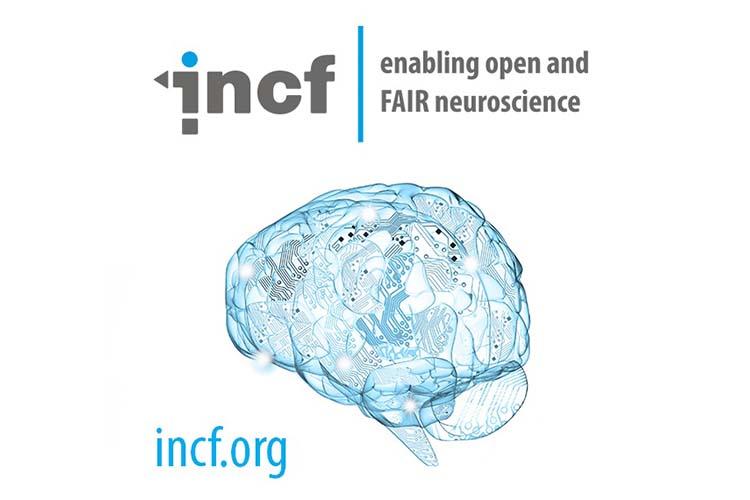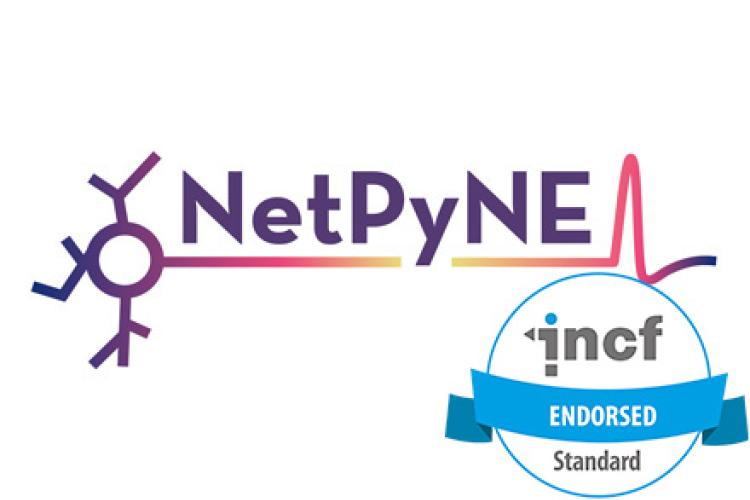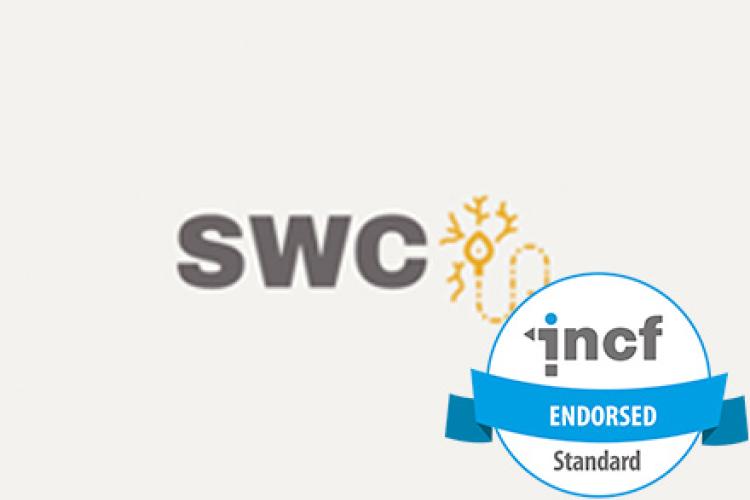INCF community blog
The INCF community blog is where we collect news, success stories, information about the INCF Assembly, our workshops, and community activities. Community members are encouraged to submit relevant job openings, write guest posts, review and recap events, and suggest content that they would like to see featured on the blog.
Do you have a success story related to neuroinformatics, standardization, or FAIR and open neuroscience? Are you hiring for a job related to neuroinformatics? Did you attend one of our events and want to do a write-up? Let us know in this form!

INCF Standards and Best Practices Committee has developed our Standards and Best Practices (SBP) Portfolio, currently containing 12 endorsements, which are re-evaluated every two years. Continually at work to provide the neuroscience community with the most up-to-date, effective, and FAIR standards, the SBP Committee has recently endorsed three new standards!

INCF’s Standards and Best Practices Committee endorsed NetPyNE as a new standard. NetPyNE is an open-source Python package designed for the development, simulation, and analysis of biological neuronal networks.

INCF’s Standards and Best Practices Committee voted to endorse SWC as a new standard. SWC files (file extension of .swc) are text-based (ASCII text) files that describe three-dimensional neuronal or glial morphology.

The INCF Standards and Best Practices committee endorsed the Stimulating Peripheral Activity to Relieve Conditions (SPARC) data structure as a standard

A recent editorial in Nature magazine about harmonizing between the large international brain initiatives stated that “Several of the projects are using similar or identical technologies. It makes sense for the teams to liaise more closely, at the very least to begin a discussion on how to establish shared data standards, which they have not yet done.”

The Center for Computational Neuroscience (CCN) invites applications for paid summer internship positions by motivated students in computational neuroscience, physics, electrical engineering, machine learning, computer science or related fields.

INCF is asking for your help to review NetPyNE to assess its value as a community standard. NetPyNE is an open-source Python package designed for the development, simulation, and analysis of biological neuronal networks

We debuted our new collection of community resources at SfN 2023, and since we, for the first time ever at SfN, ran out of the printed collection we’re now sharing it here as well! This collection includes information on six key INCF tools and resources that help demystify and streamline the process of data sharing.

The Global Alliance for Genomics and Health (GA4GH) and the International Neuroinformatics Coordinating Facility (INCF) launched a new group to lay the groundwork for connecting global neuroscience and genomic data.

INCF has been working to facilitate data sharing in neuroscience since 2005 by supporting community-driven standardization and interoperability efforts, and ensuring impact through training and advocacy activities. Your contribution enables us to provide open science resources and training activities to the global neuroscience community.

